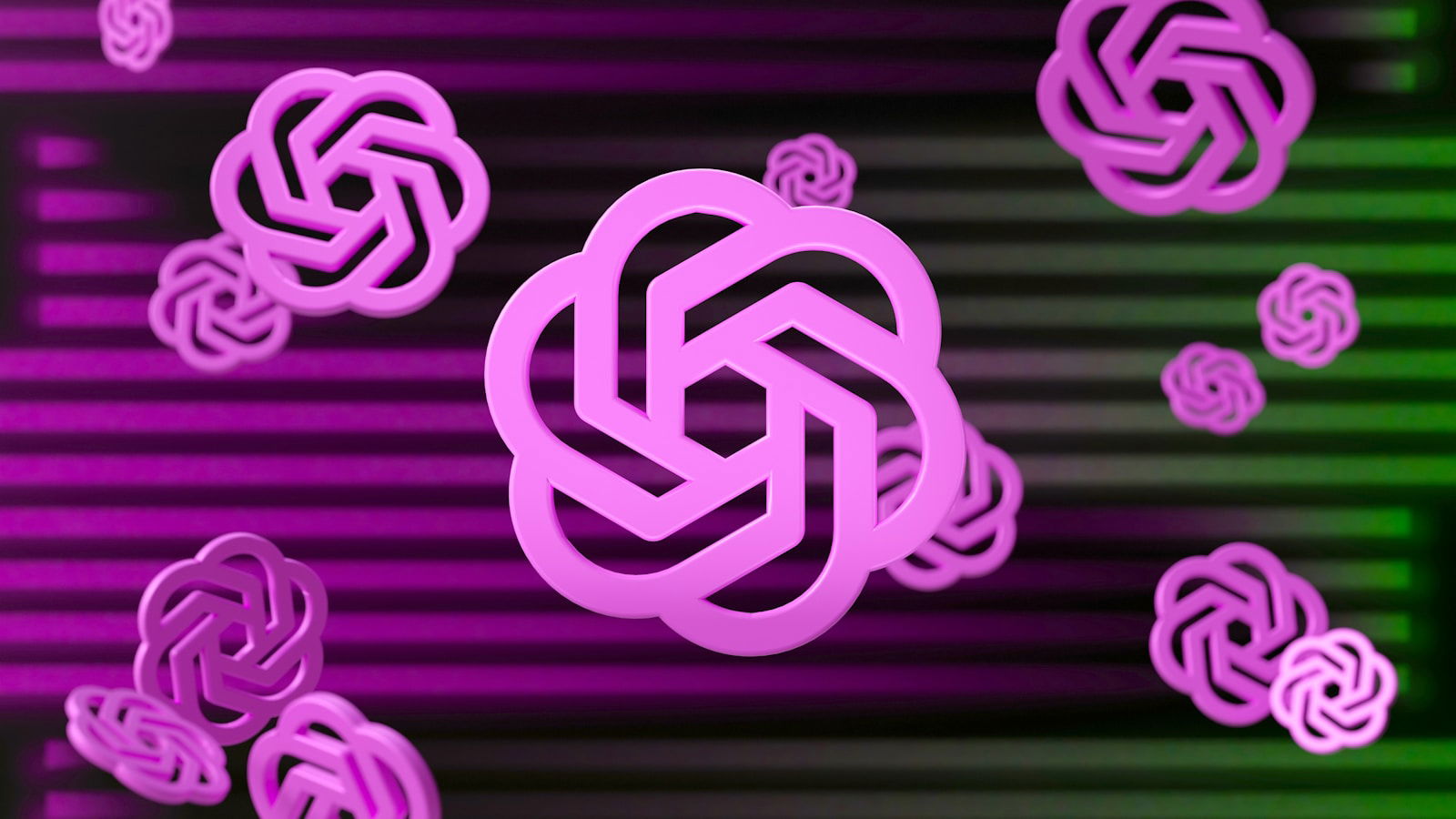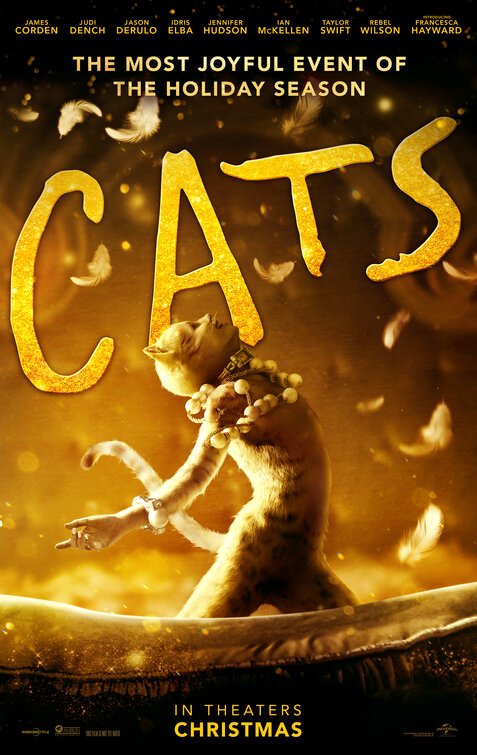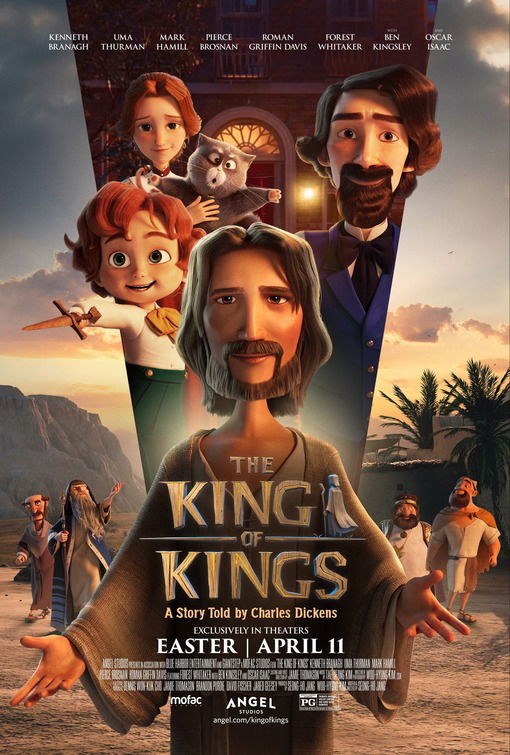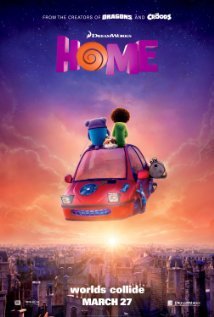
By Kayla DeKraker
Hollywood claims that OpenAI intentionally misled the industry about how the platform would handle likenesses, characters and copyrighted material.
Open AI’s description of the new technology reads, “With Sora 2, we are jumping straight to what we think may be the GPT‑3.5 moment for video. Sora 2 can do things that are exceptionally difficult—and in some instances outright impossible—for prior video generation models: Olympic gymnastics routines, backflips on a paddleboard that accurately model the dynamics of buoyancy and rigidity, and triple axels while a cat holds on for dear life.”
The platform then told users that in order to keep their likeness out of AI, they would need to notify the platform personally.
One person told The Hollywood Reporter, “Imagine an agent calling a client right now and advocating for them to get onto Sora. It’s very likely that client would fire their agent. None of us would make that call.”
The source added, “We have a huge client roster. If they all opt out, what are you doing this for?”
The LA Times explained, “The new program allows users to upload videos of real people and put them into AI-generated environments, complete with sound effects and dialogue.”
Related: OpenAI Sued for Training AI System on Copyrighted Material
The Motion Picture Association Chairman Charles Rivkin said in a statement, “OpenAI needs to take immediate and decisive action to address this issue. Well-established copyright law safeguards the rights of creators and applies here.”
OpenAI’s vice president of media partnerships Varun Shetty defended the platform.
“We’re engaging directly with studios and rightsholders, listening to feedback, and learning from how people are using Sora 2. Many are creating original videos and excited about interacting with their favorite characters, which we see as an opportunity for rightsholders to connect with fans and share in that creativity.”
Lawyer Anthony Glukhov chimed in on the controversy: The question is less about if the studios will try to assert themselves, but when and how. They can posture all they want; but at the end of the day, there’s going to be two titans battling it out.”
Still, Sora 2 is promoting its program even in a post on Instagram.
“sora 2 api is here — text to video, remixing, image-to-video… all in one neat lil endpoint. creative devs and technical tinkerers, it’s video o’clock. go wild. 🎬 what are you prototyping first?” they said in the caption.
People in the comment section had mixed feelings.
“Can’t wait to see what people make with this 🔥” one person said. Another person added, “Sora 2 has the potential to capture a large portion of the market share of people using Veo 3, but for some reason they continue to censor everything, making Sora 2 practically unusable professionally.”
Sora 2 is another example of how AI toes the line of morality. For an AI bot to copy someone’s likeness without permission isn’t only creepy, it is wrong.
Read Next: OpenAI, Microsoft Sued by New York Times for Copyright Infringement
Questions or comments? Please write to us here.


 - Content:
- Content: 

